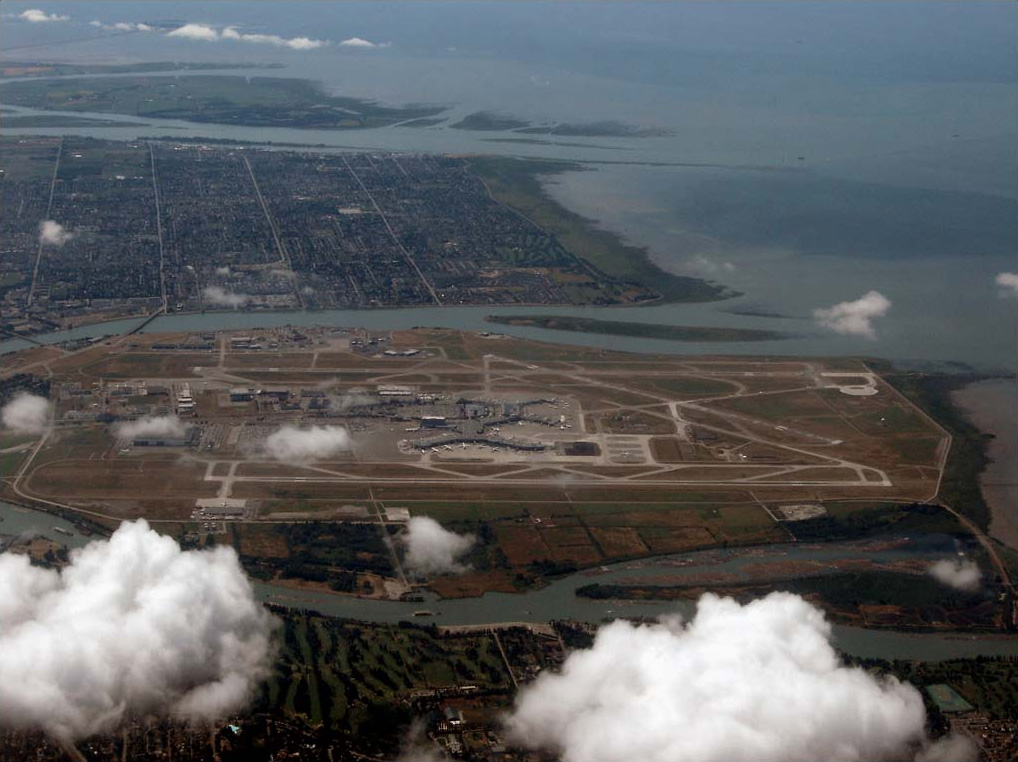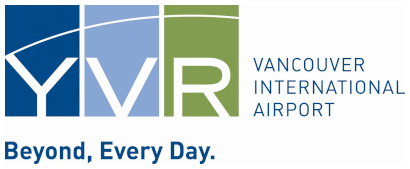 On 7th October Vancouver International Airport (YVR) unveiled its Roadmap to Net Zero Carbon 2030. The roadmap balances innovative approaches with practical actions that will see YVR’s operations become net zero by 2030. Earlier this year, YVR was the first airport in Canada to commit to net zero emissions by 2030, accelerating its original climate commitment by 20 years from 2050.
On 7th October Vancouver International Airport (YVR) unveiled its Roadmap to Net Zero Carbon 2030. The roadmap balances innovative approaches with practical actions that will see YVR’s operations become net zero by 2030. Earlier this year, YVR was the first airport in Canada to commit to net zero emissions by 2030, accelerating its original climate commitment by 20 years from 2050.
“At YVR, we have a long history of innovation and sustainability and are proud to be at the forefront of creating a greener, more resilient future for aviation as well as our community and the economy that supports it,” said Marion Town, Director of Climate and Environment, Vancouver Airport Authority. “For many years, we have developed and followed an Environmental Management Plan to guide our efforts to reduce YVR’s impact on the environment. Our Roadmap to Net Zero Carbon is an extension of this overarching plan and will ensure we achieve our ambitious goals.”
YVR’s new Roadmap to Net Zero Carbon outlines four decarbonization pathways that are necessary for the airport to reduce emissions from its direct operations, referred to as Scope 1 and 2 emissions. Pathways include green fleets, energy conservation and electrification, replacing fossil fuels with renewable alternatives, and strategically purchasing carbon removals to close the gap.
Actions under the decarbonization pathways also leave room for new capabilities and operational efficiencies that will be realized through emerging clean technology and YVR’s Digital Twin—a replica of the airport’s physical assets, processes and services and part of the airports’ s broader Innovation Hub.
“Our roadmap moves us forward in decarbonizing our operations using what we know is possible to implement today along with built in flexibility to evolve in the future,” said Town. “For example, we’re confident that that we’ll discover new opportunities to reduce emissions as we bring our Digital Twin online and explore clean technology advancements.”
With the largest building in British Columbia and Canada’s second busiest airport, YVR is uniquely positioned to play an outsized and immediate role in reducing emissions beyond its direct operations (i.e. Scope 3 emissions). To do so YVR is also working with our airport community partners to help them reduce their emissions, which supports provincial and federal government climate action commitments and are an important factor of the International Air Transport Association’s ambitious emissions reduction goals for the aviation industry
“Our Roadmap to Net Zero recognizes the importance of collaboration and collective action to drive visible and sustainable change across aviation,” said Town. “We’re proud to take this bold leap toward becoming one of the world’s greenest airports and are excited about the potential to work with our many partners, including airlines, as they advance their climate goals as well.”
YVR is sharing its Roadmap to Net Zero with business and industry as they look to find ways to decarbonize. Through collaboration, YVR and its partners will advance ideas and action that will result in lasting solutions for reducing emissions and creating a greener future.
Please visit YVR.ca to learn more about YVR’s environmental commitments and its Roadmap to Net Zero Carbon.

